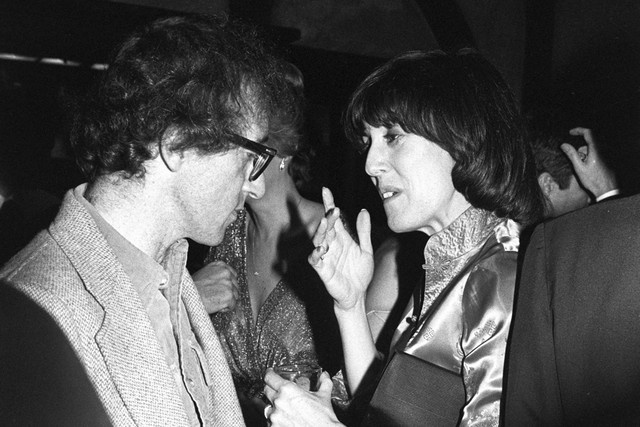Girls on Film. Nicole Stock
Back
The American writer and director Nora Efron died a few weeks ago, and of course there were many retrospectives and links to articles that she had written. While she wasn’t an architect, nor connected in any tangible way with architecture, apart from one beautifully written piece in the New Yorker about her love affair with her apartment, I found there was an affinity between how she approached women in film as we similarly are struggling with women in architecture.
Before I heard of her death, I was not particularly aware of her life. I’d seen some of her movies ¬– Sleepless in Seattle, You’ve Got Mail, Julie and Julia – but this wasn’t a fangirl obsession. But, I continued to link through I ended up reading a dozen articles about her, by her, for her… and in almost every one there was some nod to her frustration and disinterest in women in film panels and discussions, little interest in standing up as a woman in film, little desire to ask why her and why so few others. Still, she did partake in many panels, and realised, intellectually that this was an important issue, but her personal response wanted to ignore the wider discourse and just get on and make films.
It’s a similar divide in architecture, and, I would assume many other creative and professional industries: those who feel the issue needs discussion and debate, and those who just want to make good architecture, and by doing so inherently elevate the impression of women in the industry.
The fact is that women are underrepresented, and underpaid, in architecture is an issue. This article doesn’t offer a proposed solution but rather simply asks questions. Why do you want to be vocal about the inequalities in architecture, or conversely, why does the rhetoric not interest you and why do you just want to produce work? How do women balance work and home life? Why have some women left the industry? How should we tackle the issue of getting more women in directorships?
Architecture + Women is a community for the industry, and particularly women, to discuss issues of gender in architecture, but also to make apparent the stories and numbers of women practicing (and not) around the country. We look forward to the connections that develop, as well as the discussions.
Nora Efron and Woody Allen in conversation. Image from here.









